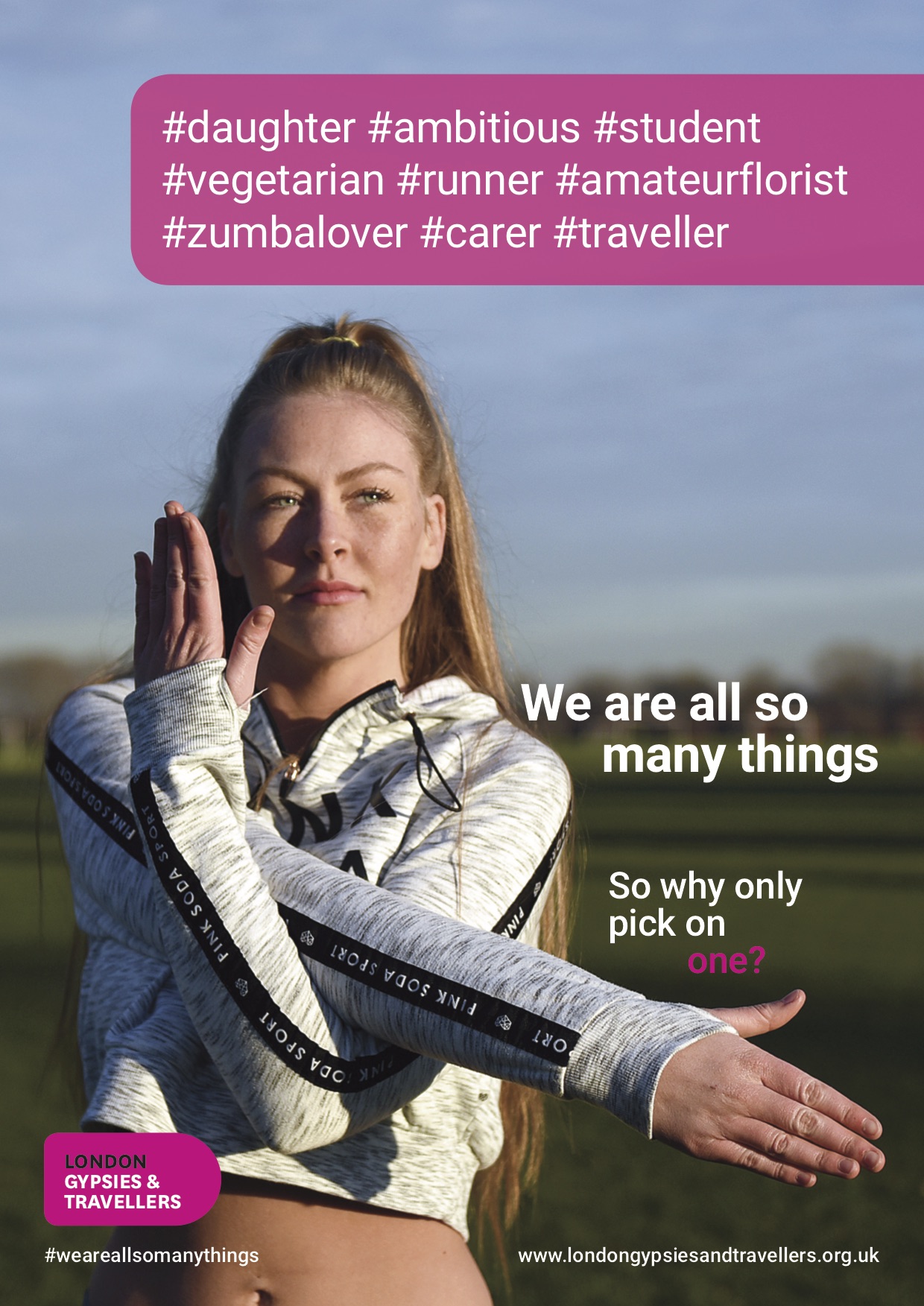Appeal judges have criticised the use of borough-wide injunctions aimed at preventing gypsy and traveller communities from stopping on public land.
Bromley Council brought a challenge against a High Court refusal to grant them an injunction that would have banned setting up camp and occupying the vast majority of public spaces. Similar injunctions have been granted numerous times to various local authorities, including Harlow and Kingston upon Thames. In total there are 38 such injunctions in place nationwide.
Bromley argued that the injunction was necessary due to an alleged increase in ‘incursions’ by gypsy and traveller communities in 2018. However the courts rejected that there was evidence to support that claim.
Upholding the refusal, the Court of Appeal found that borough-wide injunctions are ‘inherently problematic’ and that they potentially breach both the European Convention on Human Rights and the Equality Act 2010. The Court further recognised the right of gypsies and travellers to move from one place to another.
The judgment also provided guidance to local authorities considering seeking similar wide-reaching injunctions. It emphasised the need to provide evidence of suitable alternative housing or transit sites, and the importance of properly engaging with the gypsy and traveller community.
London Gypsies and Travellers (LGT), an organisation supporting the rights of those communities in London, intervened in the case. Their chief executive Debby Kennett said: ‘The judgment sets a high standard for councils seeking injunctions and stresses the need to put in place adequate and safe provision. We are keen to work with councils to explore alternatives to evictions and injunctions, such as negotiated stopping.’
Marc Willers QC, who represented LGT in the appeal, commented: ‘Very importantly, the Court of Appeal has stated in this judgment that an injunction which prevents gypsies and travellers from stopping at all in a defined part of the UK comprises a potential breach of both the European Convention on Human Rights and the Equality Act. Given that finding, it is difficult to see how the government can possibly justify its proposal, which is currently out to consultation, to criminalise trespass.’







